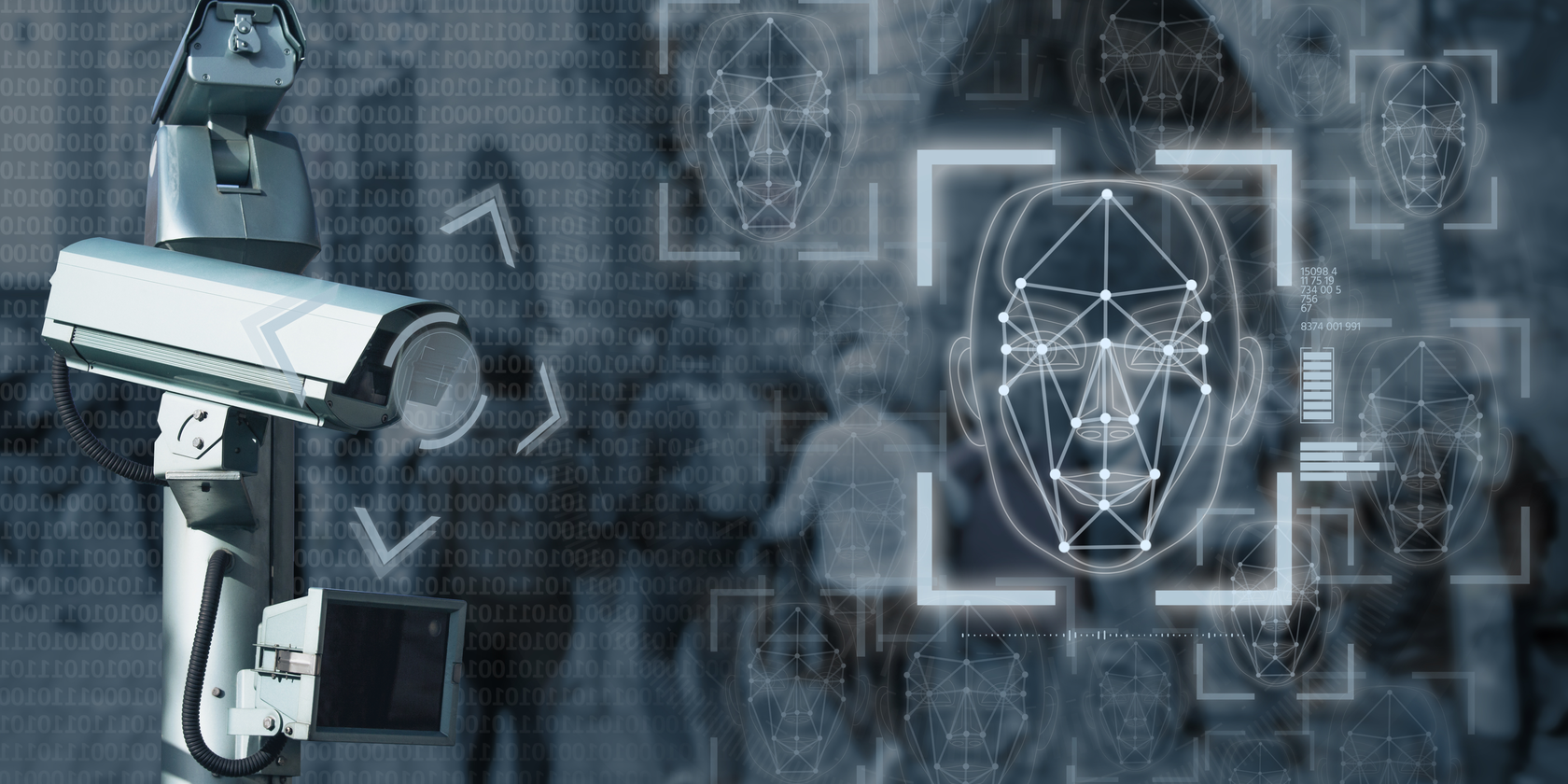George Orwell's 1984 has made waves in the cultural world, even if it's someone comparing the dystopian novel to why they can't buy a breakfast meal after 11 am. However, Microsoft believes that real-life technology may soon replicate Big Brother's in the coming years.
Microsoft's Bold Claim for the Future of AI
Microsoft's president, Brad Smith, made the somewhat scary prediction on BBC Panorama. In it, the UK news giant explored how China uses artificial intelligence to keep an eye on its citizens.
Smith said that the government needs to keep up-to-date on how technology can spy on people and create laws to protect citizens' privacy as it develops. If it fails to do so, the technology runs the risk of "racing ahead," and once it gets a headstart, it will be "very difficult to catch up."
Smith is afraid of what might happen if things went unchecked:
I’m constantly reminded of George Orwell’s lessons in his book 1984. You know the fundamental story… was about a government who could see everything that everyone did and hear everything that everyone said all the time.
Well, that didn’t come to pass in 1984, but if we’re not careful that could come to pass in 2024.
The US and China: a Cold War for AI
Other people seem to agree with Smith. Eric Schmidt, a former Google chief executive and current member of the US National Security Commission on Artificial Intelligence, said that China was the country to beat in terms of AI.
That's because China is gunning to be the world leader of AI technologies by 2030. It already has had a fantastic start, with more AI-based patents than the US in 2019 and 54 of the 770 million CCTV cameras in the world pointed at Chinese citizens.
As such, US experts are worried that China's values will seep into the Western world if left unchecked. However, China claims that it has no such plans on the table as of right now.
Dr. Lan Xue, an advisor for the Chinese government, said that its face-scanning technology would prove "tremendously helpful" should something bad happen. Xue also claims that the US's fears are less based on an invasion of Chinese values and more about the US wanting to dethrone China as the number one player for AI technology.
The US doesn't buy China's claims. Seth Moulton, chair of the US Future of Defence Task Force, is currently rallying US tech companies to boost the country's AI capabilities. And Moulton doesn't deny that this "AI arms race" may end in conflict with China in the future.
A Global Race for the Best AI
As China's AI capabilities begin to grow, researchers and experts are worried that its surveillance values will eventually arrive in the West. If that happens, Microsoft feels we may see the dystopian world depicted in 1984 come true.
Given how far technology has advanced, it's easy to feel as if we have eyes on us 24/7. Fortunately, there are ways you can fight back, such as making sure that someone isn't hijacking your webcam without you knowing.
Image Credit: Scharfsinn/Shutterstock.com

